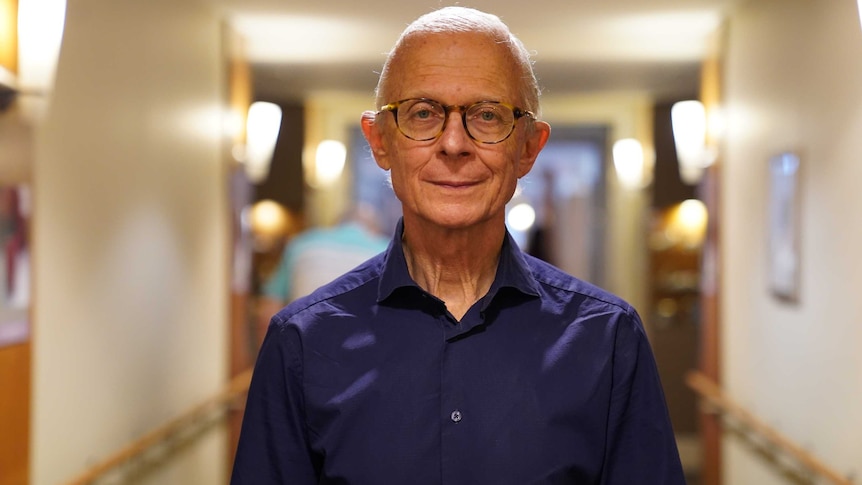
Dementia, a disease that transcends fame and status, affecting individuals from movie star Bruce Willis to football legend Steve Mortimer and former US President Ronald Reagan, is poised to become the leading cause of death globally. Despite its widespread impact, experts argue that lifestyle factors such as exercise and diet could influence its progression. As a result, there is a growing call for increased funding for research into both the prevention and treatment of dementia.
Henry Brodaty, a Scientia Professor at the University of New South Wales and a leading expert on dementia, highlighted the importance of this issue during his recent address to the Press Club. He shared the personal story of his father, Jacob, who was diagnosed with Alzheimer’s disease at the age of 52. “He was a very bright man, sociable, active, and successful in business. It was tragic to see his decline over the next seven years until he died of a heart attack at 59,” Professor Brodaty recounted.
The Growing Prevalence of Dementia
Professor Brodaty explained that while the absolute rates of dementia are increasing due to an aging population, there might be a decline in the number of new cases per 1,000 individuals in each age group. “This is because we’re getting better at looking after our hearts,” he noted, suggesting that cardiovascular health improvements could be linked to a reduction in dementia incidence.
He emphasized the importance of lifestyle choices in potentially reducing dementia risk. “Healthy diets, regular physical and mental exercise, and maintaining social connections can all contribute to lowering the risk,” he stated. However, he cautioned that proving a direct decrease in dementia cases requires longer follow-up studies.
Funding and Proven Interventions
Dementia is on track to become Australia’s biggest killer, underscoring the urgency of increased funding for research and treatment. Professor Brodaty pointed out that several proven interventions are not adequately funded. For instance, cognitive stimulation therapy, which involves group activities that improve cognition, has shown positive results in research from the UK.
Similarly, cognitive rehabilitation therapy helps individuals with dementia develop strategies to overcome daily challenges, such as remembering how to perform tasks they once enjoyed. “Working with occupational therapists to compensate for these deficits has been proven effective,” Professor Brodaty explained.
Physical exercise is another area where research has demonstrated benefits in slowing cognitive decline. “With more research, we can enhance services beyond just focusing on drugs and causes,” he added.
Introducing Dementia Navigators
Professor Brodaty also advocated for the introduction of dementia navigators, professionals who would assist patients and their families in navigating the complex aged care system. This concept draws parallels to the breast cancer nurse model, which has been successful in providing support to patients.
“We did some modelling with PricewaterhouseCoopers and showed that this would be at least cost neutral, if not cost saving. The cost of hiring dementia navigators would be offset by a reduction in hospital admissions and delayed nursing home entries,” he explained.
The introduction of dementia navigators could significantly improve the quality of life for those affected by dementia and their caregivers, providing much-needed guidance and support.
The Path Forward
As dementia continues to pose a significant threat to public health, the call for increased investment in research and prevention grows louder. By focusing on proven interventions and innovative support systems like dementia navigators, there is hope for better management of the disease and improved outcomes for patients.
Professor Brodaty’s insights underscore the critical need for a comprehensive approach to tackling dementia, combining lifestyle changes, therapeutic interventions, and systemic support to make a meaningful impact.
As the global population ages, the urgency of addressing dementia cannot be overstated. The potential for significant advancements in prevention and treatment lies in the hands of researchers, policymakers, and healthcare providers committed to making a difference.







